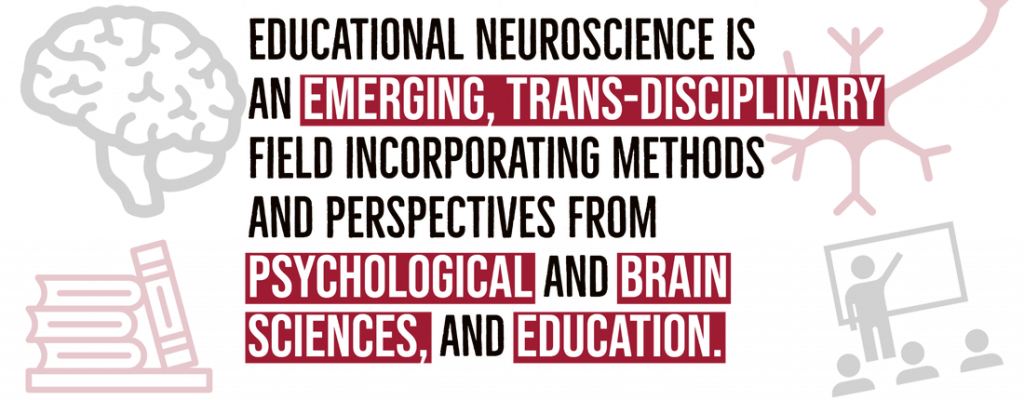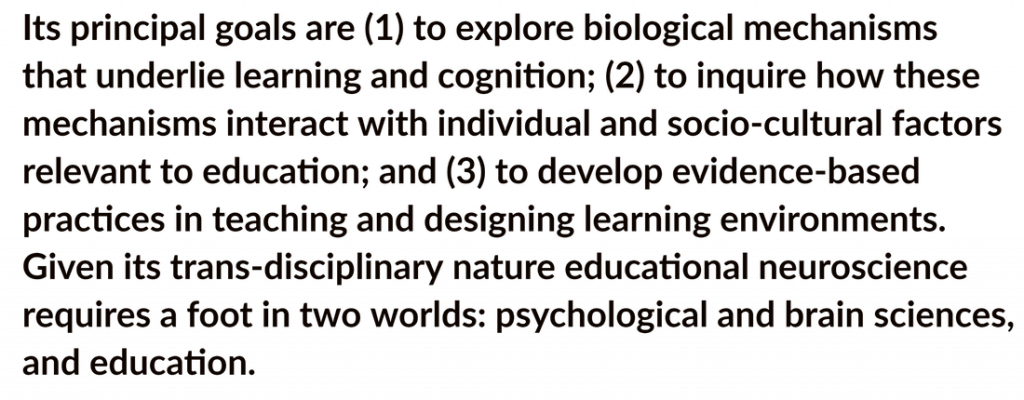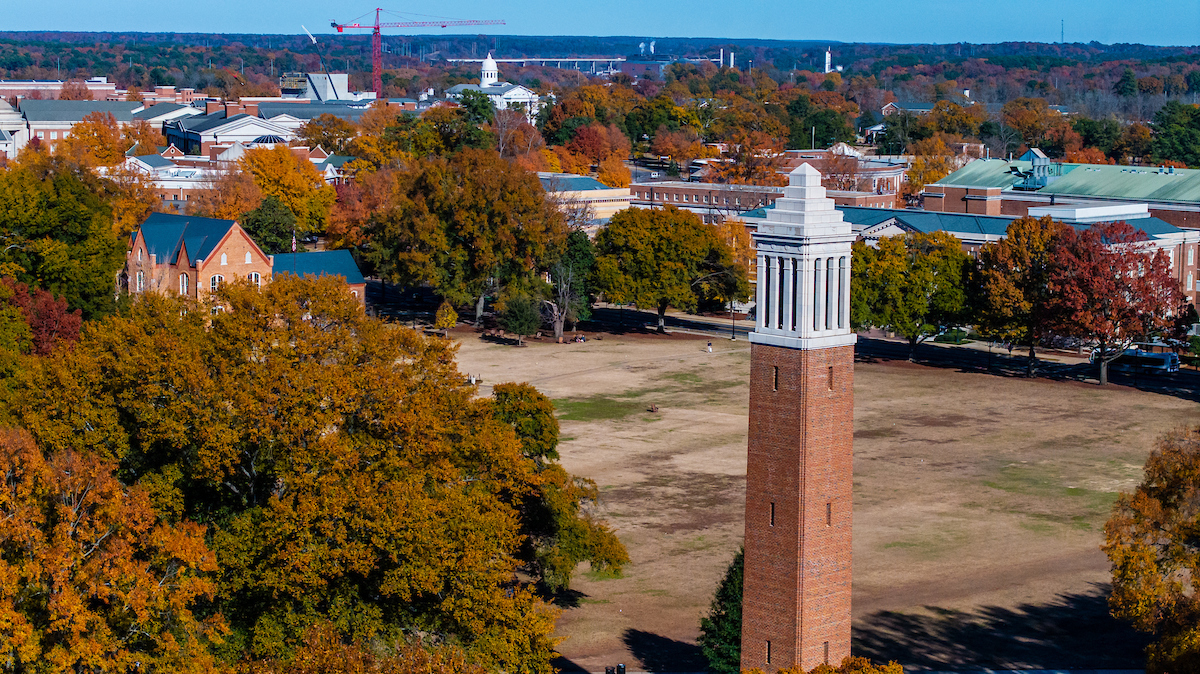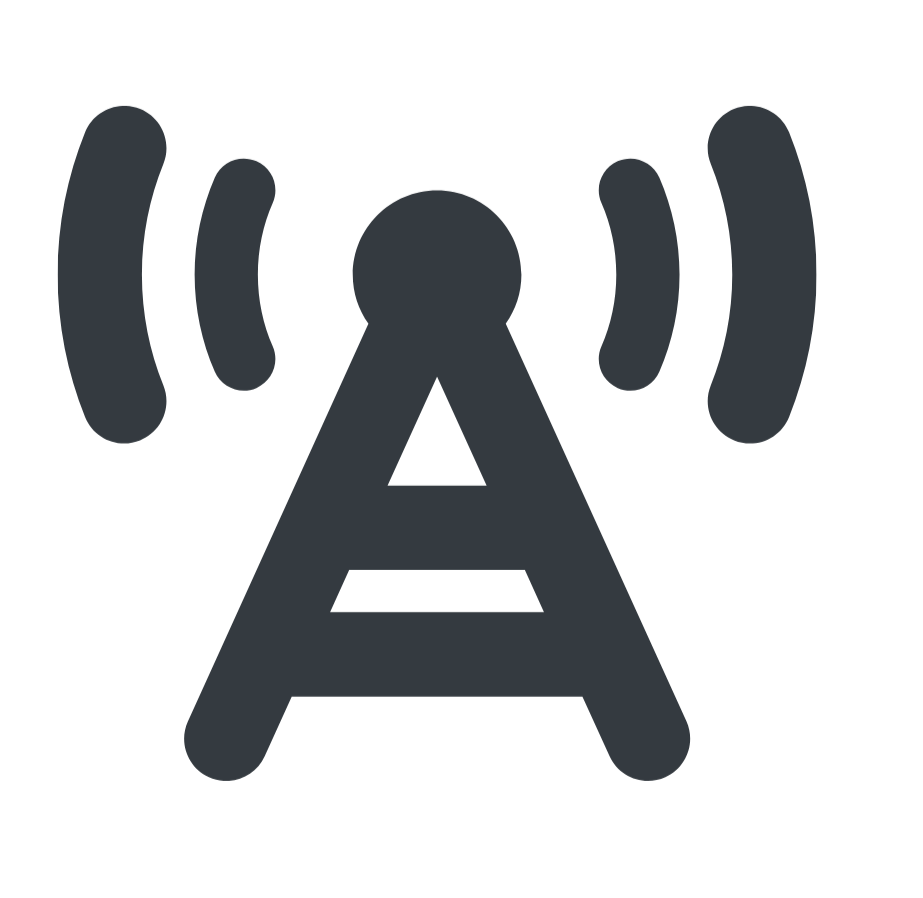Learn about majoring in Educational Neuroscience.
We welcome you to learn about our exciting new program! On this webpage, you’ll find all kinds of useful content, including information about educational neuroscience, what graduates will be prepared for, and the curriculum!
If you have questions, please feel free to contact us!
Looking for a unique opportunity?
We are excited to announce that the University of Alabama College of Education now offers a major in Educational Neuroscience, leading to a Bachelor of Science degree.

“Graduates will develop diverse research skills and acquire different theoretical perspectives that can be put into teaching practice.”
— Dr. Firat Soylu Program Coordinator
The purpose of the Educational Neuroscience B.S. Program is to train future educational practitioners, administrators, and researchers in the interdisciplinary field of educational neuroscience.
DID YOU KNOW?
This is the first undergraduate Educational Neuroscience program in the world!
We are excited to build a one-of-a-kind program at UA, with the potential to train researchers and professionals with a strong scientific foundation and a unique toolset to approach educational problems.

The undergraduate program in educational
neuroscience was approved by the
Alabama Commission on Higher Education on
Sept. 15, 2019 and by The University of
Alabama Board of Trustees on September 21, 2019.



Our new major, making headlines. Check out a few of the media appearances our new program has made!
Check out this video that aired on Fox 6 News in Tuscaloosa, also posted to Twitter:
“State’s first educational neuroscience major”
Read the article featured in local newspaper The Tuscaloosa News:
“University of Alabama will offer state’s first educational neuroscience program”
Wondering where a degree in Ed Neuro can take YOU? After graduating from our program, we’re confident you’ll be qualified and ready to tackle graduate school, professional school, and more!
Academic
Lab manager, research assistant, graduate studiesProfessional
Law school, medical school, business schoolPublic Sector
Health systems administration, community developmental relations, non-governmental organizationsPrivate Sector
Data analysis, cognitive diagnosis & assessment, educational technology & entrepreneurshipThe undergraduate program provides a strong scientific foundation in the first two years and culminates with instruction in a variety of specialized topics (see the curriculum below). Additionally, the program presents students with many opportunities to participate in research projects, starting in their first semester. In their junior and senior years, students take a practicum course every semester, where they will work on an independent research project under faculty supervision.
MORE ABOUT THE PROGRAM
The curriculum will build on students' experiences working on different projects in their first two years and will help them develop independent research skills.
Armed with an extensive theoretical foundation and strong research skills, graduates of this program will have the chance to pursue different trajectories post-graduation. We expect some of our students to continue graduate studies either in educational neuroscience or in other related fields, while others will pursue careers in health professions, public administration, private sector, non-profits, and policy. There is also a need for teachers, administrators and policy-makers with a transdisciplinary training in educational neuroscience. Therefore, after graduation, students will also have the option to acquire a teaching certificate through one of the alternative routes to certification in a relevant field of teaching.
The new courses that will be offered under the educational neuroscience program will also be available to students in other programs in the College of Education and across campus. We are particularly interested in enhancing neuroscience literacy and overall scientific preparedness in our students.
Use the navigation panes below to view the program of study leading to the Bachelor of Science degree in Educational Neuroscience. Students will complete a total of 129 credits following the program outlined below, but please keep in mind that students will work closely with advisors to ensure adequate progress is made on the degree. Modifications may be necessary to suit each student. For more information, review the official UA Catalog here.
For applicants who are considering transferring from another major at UA or from another institution: We will start offering the advanced BEP Educational Neuroscience courses (BEP 3** & 4** courses) starting with the Fall 2021 semester.
YEAR 1
| Semester 1 | |
|---|---|
| PY 101 Intro to Psychology | 3 credits |
| EN 101 English Composition | 3 credits |
| BSC 108 or 114/115 Intro Biology I (BSC 114/115 for premed) | 4 credits |
| BSC 108 or 114/115 Intro Biology I (BSC 114/115 for premed) | 4 credits |
| MATH125 Calculus I (or MATH 112, 113 or 115 if needed) | 3-4 credits |
| UA Core – Fine Art | 3 credits |
| Semester 2 | |
|---|---|
| ANT 100 Intro To Anthropology | 3 credits |
| EN 102 English Composition | 3 credits |
| BSC 109 or 116/117 Intro Biology II (BSC 116/117 for premed) | 4 credits |
| UA Core – History (HY 115 or 116 History of Science is recommend) | 3 credits |
| PH 101 General Physics I | 4 credits |
YEAR 2
| Semester 1 | |
|---|---|
| SPE 300 Special Education and Accommodation Strategies | 3 credits |
| CH 101 General Chemistry I | 4 credits |
| BSC 215 Human Anatomy and Physiology I | 4 credits |
| BSC 220 Biological Evolution (Fall Only) | 3 credits |
| UA Core – Literature | 3 credits |
| Semester 2 | |
|---|---|
| BEP 305 Educational Psychology | 3 credits |
| CH 102 General Chemistry II or PH 102 General Physics II | 4 credits |
| PHL 260 Mind and Nature | 3 credits |
| BEP 220 Brain, Learning, and Cognition | 3 credits |
| UA Core – Fine Arts, Humanities, or Social and Behavioral Science | 4 credits |
YEAR 3
| Semester 1 | |
|---|---|
| BEP 310 Lab-based Research Practicum | 1-2 credits |
| PY 352 Developmental Psych | 3 credits |
| BEP 330 Computational Methods in Educational Neuroscience | 2 credits |
| BER 345 Educational Statistics | 3 credits |
| UA Core – Computer | 3 credits |
| UA Core – Literature or History | 3 credits |
| Semester 2 | |
|---|---|
| BEP 305 Educational Psychology | 3 credits |
| CH 102 General Chemistry II or PH 102 General Physics II | 4 credits |
| PHL 260 Mind and Nature | 3 credits |
| BEP 220 Brain, Learning, and Cognition | 3 credits |
| UA Core – Fine Arts, Humanities, or Social and Behavioral Science | 4 credits |
YEAR 4
| Semester 1 | |
|---|---|
| BEP 310 Lab-based Research Practicum | 1-2 credits |
| PY 470 Introduction to Cognitive Psychology | 3 credits |
| 410 Topics in Ed. Neuro.: Math Learning | 2 credits |
| 460 Topics in Ed. Neuro.: Reading, Language, and the Brain | 3 credits |
| BEP 490 Electrophysiology | 3 credits |
| Semester 2 | |
|---|---|
| BEP 310 Lab-based Research Practicum | 3 credits |
| BEP 420 Topics in Ed Neuro: Science Learning | 4 credits |
| BEP 450 Topics in Ed Neuro: Moral Psych and Ethical Dev | 4 credits |
| BEP 480 Neuroimaging | 3 credits |
| UA Core – Writing | 4 credits |
HAVE QUESTIONS?
If you have any questions about the undergraduate program, feel free to contact the program coordinator, Dr. Firat Soylu, at fsoylu@ua.edu. You can also email edneuro@ua.edu with inquiries.

